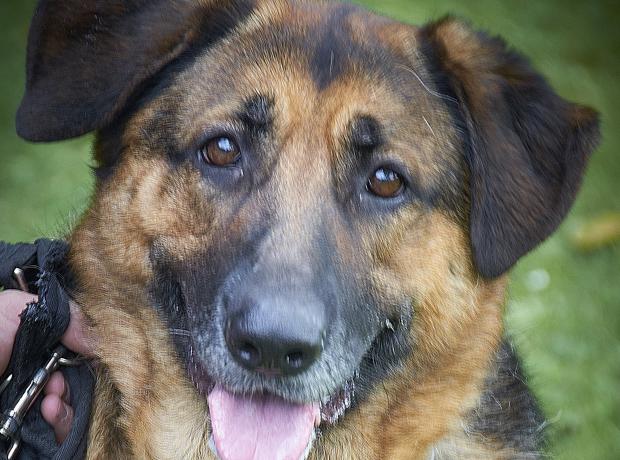In Guernsey an annual tax is collected by the parish douzaines every January. Owners have to pay for each dog they own over the age of six months, with exceptions for dogs kept solely by a deaf or disabled person for their hearing or guidance. Anyone not paying the tax faces a fine of up to £500.
The States recently agreed to change the law so dog owners will have to pay £10 a year, instead of £5.
The GSPCA feels very strongly about responsible dog ownership and would like to ensure the community are aware of this change. Other responsible pet ownership include microchipping and neutering as well as the veterinary care such as vaccinations, defleaing and worming. To see more on this from BBC Guernsey click here

Microchipping
Every year hundreds of pets go missing in Guernsey and end up at the Animal Shelter, vets and other homes. We would encourage all owners to have their animals chipped to help speed their return if found as a stray.

How it works
A tiny microchip is inserted under the animal’s skin. This gives the pet their own unique code.
The microchip can be scanned and matched to the owner’s contact details, which are kept on a database, such as the national PetLog database.
You must make sure the database you are registered with has your up-to-date contact details.
How much is it?
At the Animal Shelter we have over a dozen trained staff that can microchip dogs and cats. No need for an appointment just pop in between 9am and 4pm Monday to Saturday and for only £10 we can microchip your dog or cat and only £8 for members.
If you have a horse or a rabbit and you would like them microchipped then please contact your local vet.
Neutering your pet
The Animal Shelter has hundreds of unwanted young animals brought in each year that were due to un-neutered animals. Mostly cats, rabbits and other small mammals these poor unfortunate young are often brought into the world with no provisions for their future.
Neutering lowdown
- Female animals are spayed – this mean s the womb and the ovaries are removed.
- Male animals are castrated – this means the testicles are removed.
- Operations should be straightforward - they are carried out under general anaesthetic and animals usually recover quickly.
- Some pets may have a tendency to put on weight after neutering. This can be controlled by providing an appropriate diet; talk to your vet about this.
- Whilst some owners decide to neuter their pet for behavioural reasons (e.g. to reduce urine marking or roaming), it is not possible to accurately predict the after-effects of neutering.

Benefits of neutering
- Neutering has many benefits that apply not only to dogs and cats but also to other small animals such as rabbits.
- Neutering prevents female animals coming into season, when they may attract unwanted male attention, become pregnant or have false pregnancies.
- Neutering prevents the risk of testicular cancer in male animals and uterus infections and cancers in females.
- In male dogs and cats, neutering can reduce behaviours such as urine marking and roaming.
Talk to your vet
- You do not need to let an animal have one litter first. Pets can be neutered before having any litters.
- Your vet will be able to offer further advice on the best time to neuter your pet.
- Check the cost with your vet. This will depend on the species, size and sex of your pet.
General Veterinary Care
It is very important to take your animals to the vet for regular check ups periodically. For many species they require regular vaccinations and parasite treatment (e.g. flea and worm). The GSPCA would always recommend liaising with your vet regards the appropriate treatments.







Post new comment